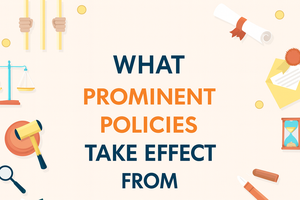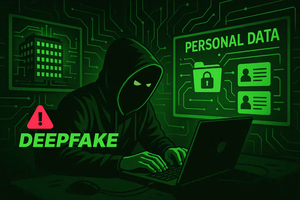
Spokesperson of MoPS Lieutenant General To An Xo stated that some common cunning fraudulent behaviors are impersonating state officials or senior state leaders to deceive those applying for a job, project approval, or capital loan; making friends on social networks to send gift delivery requests; impersonating employees of the airport, customs, or tax offices to request victims to pay shipping fees, taxes, fines to criminals’ bank accounts; impersonating police officers or court officials to call victims and threaten them to transfer money, saying that these victims are involved in criminal cases; stealing bank account information of victims to transfer money to criminals’ accounts.
Lieutenant General To An Xo also warned about the increase of cyber criminals. These lawbreakers establish unreliable websites, trading floors, money earning apps to attract people to invest in virtual currency, binary options. They then technically interfere with the system to make investors lose money or even crash the system to appropriate money. Another popular trick is to take advantage of online shopping websites or social networks for fraudulent activities.
Particularly, criminals in economy-related fields like finance, securities, investments, corporate bond issuance have become more sophisticated, as they normally abuse weaknesses in mechanisms, policies, and legal terms to commit crimes, causing grave damages to the national economy, individuals and businesses.
MoPS has detected and handled nearly 1,700 cases of frauds (accounting for 74.46 percent of all criminal cases) and nearly 2,100 law offenders in 2021. In the first quarter of this year, the criminal police force captured 491 subjects in 372 fraudulent cases (accounting for 79.15 percent).
To avoid being a victim of any fraudulent conducts, especially those on the cyber space, Lieutenant General To An Xo advised that citizens should be cautious against anyone saying that they are state officials, particularly police officers, to discuss criminal case investigation.
People are warned against providing their personal information like phone numbers, home address to anyone without knowing callers’ identity. The public are also advised not to transfer money to a given account told by a caller without verification.
When shopping online, Internet users should check the reliability of shops and websites, and only choose to conduct transactions with trustworthy people, who normally provide transparent payment methods. They should regularly update security software or features of their account on social networks, and should not share their confidential information on the Internet freely.
Finally, citizens are suggested not to lend or lease important personal documents such as citizen ID card, household registration book, bank cards; not to accept money transfers for or receive money transferred from unknown people.
























